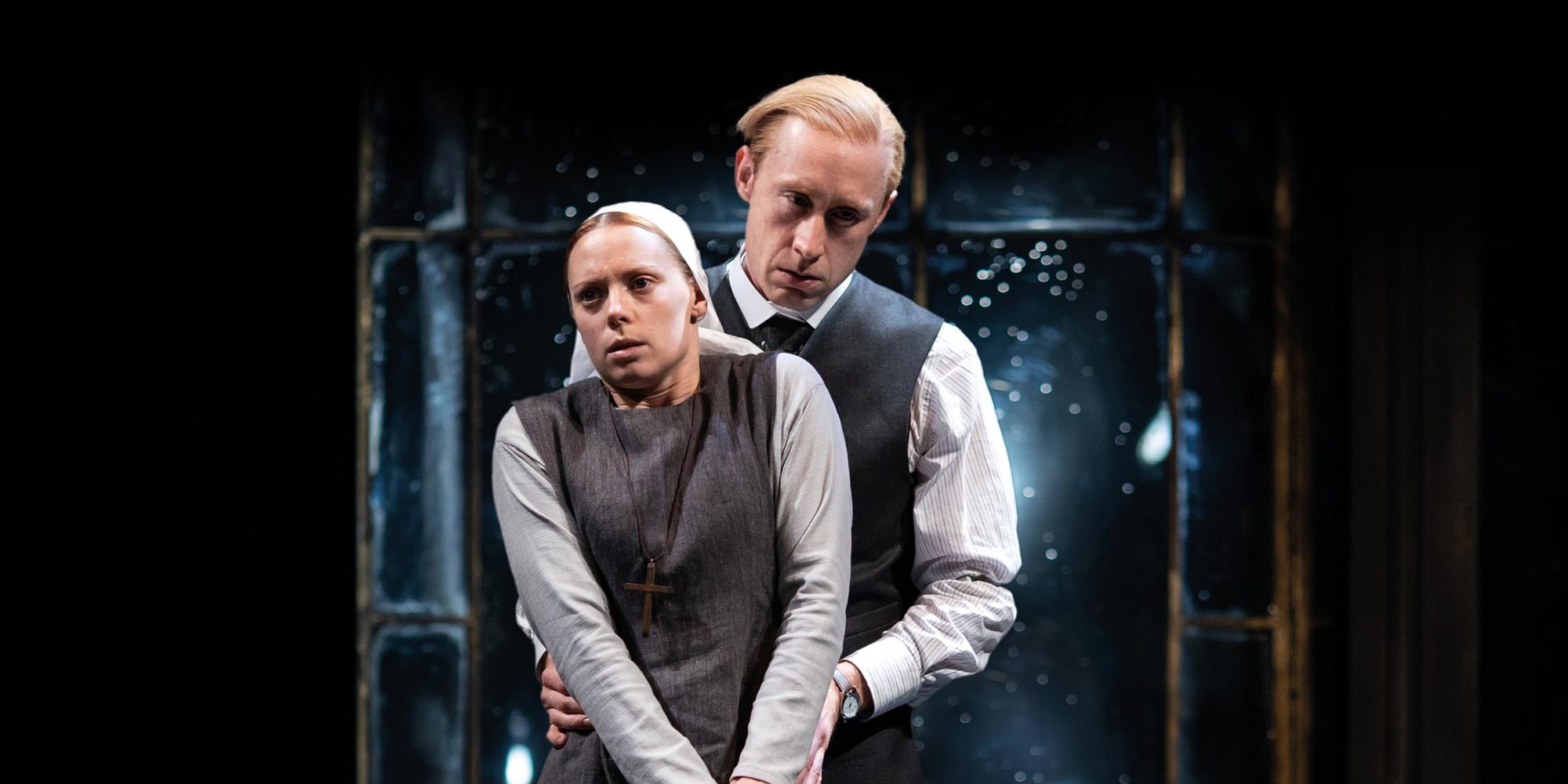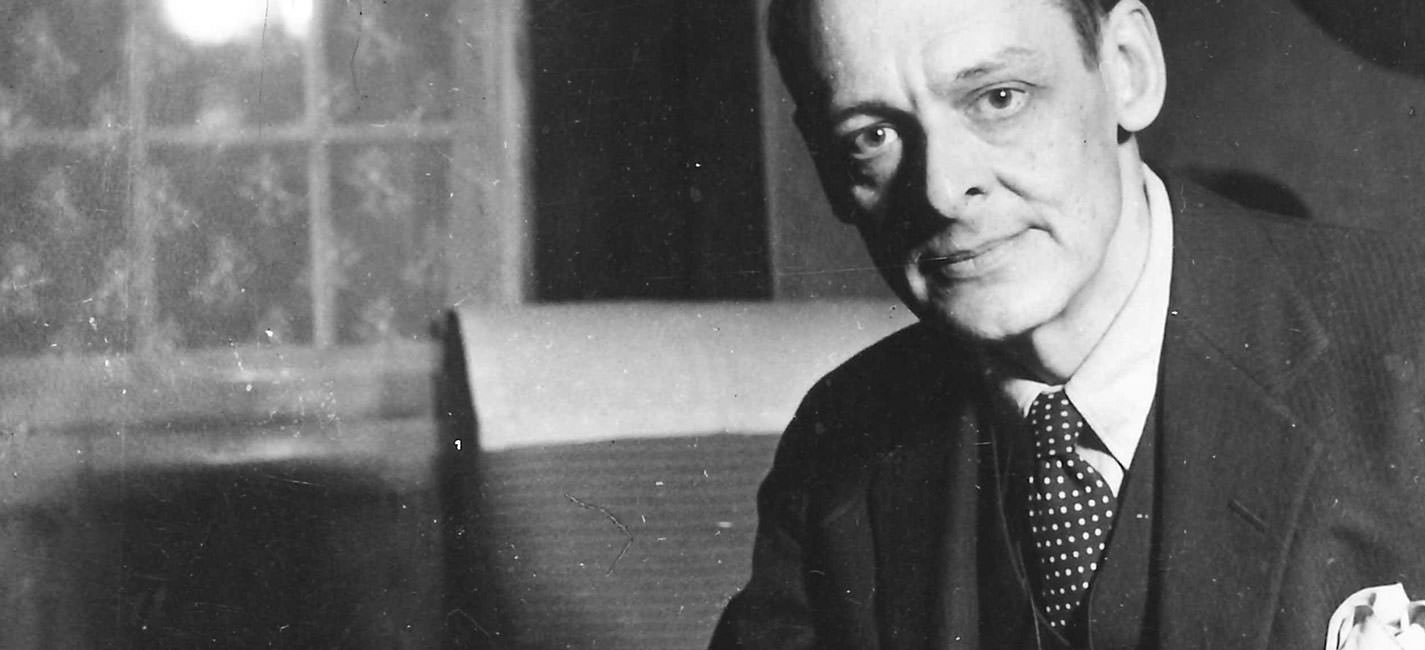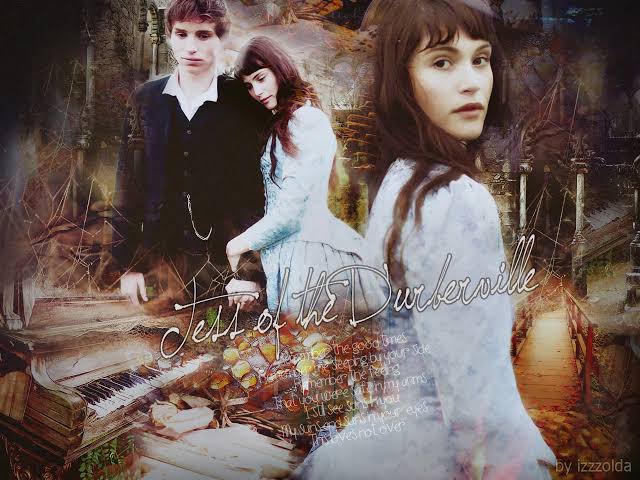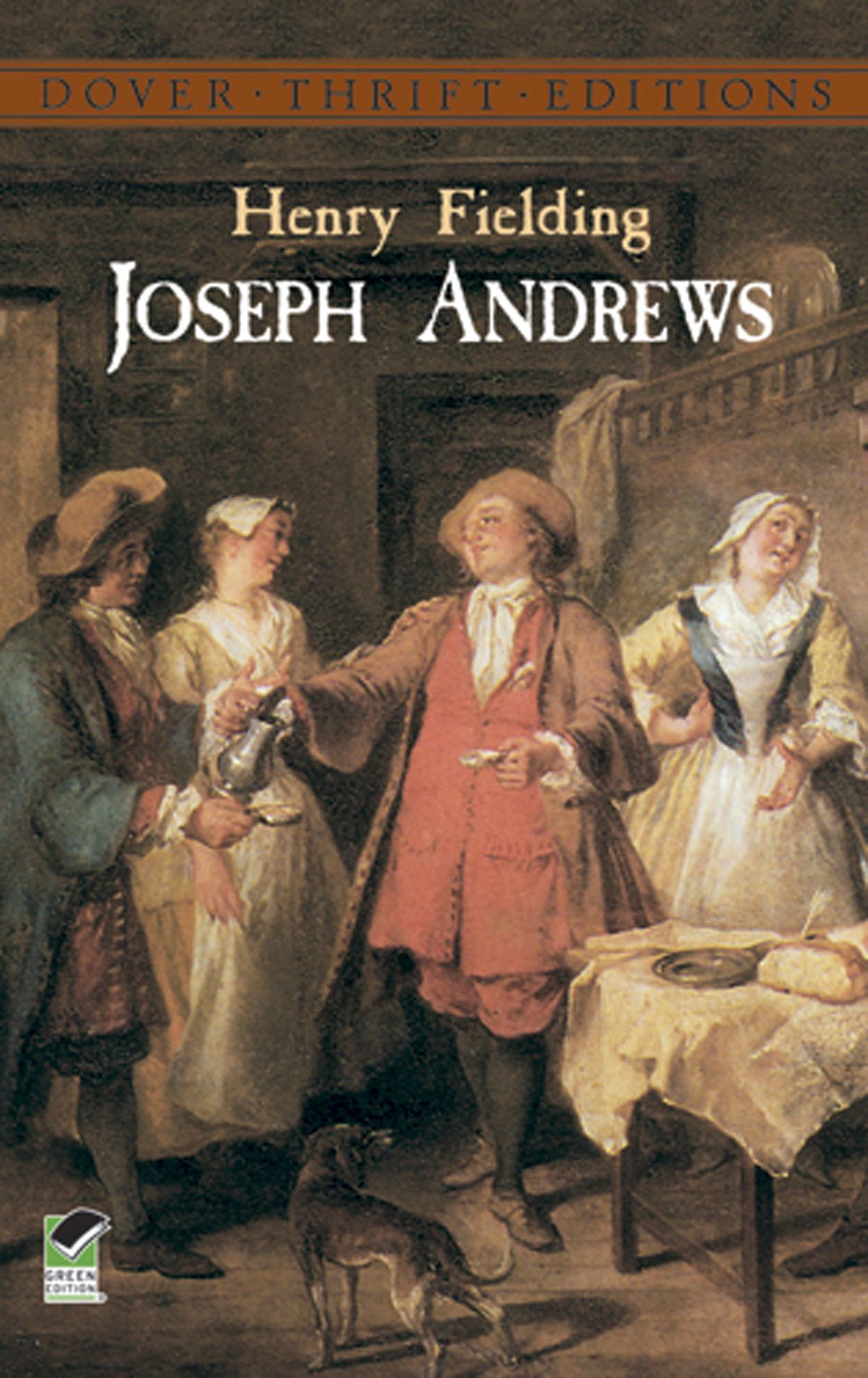“Measure For Measure” as a Dark Comedy
Measure for Measure is one of the dark comedies or problem plays of William Shakespeare . In this group of plays, we find Shakespeare confronted with some practical problems of life— generally with the problem of evil in daily life—and we find him also trying for a comic solution but net often getting it. 0..





